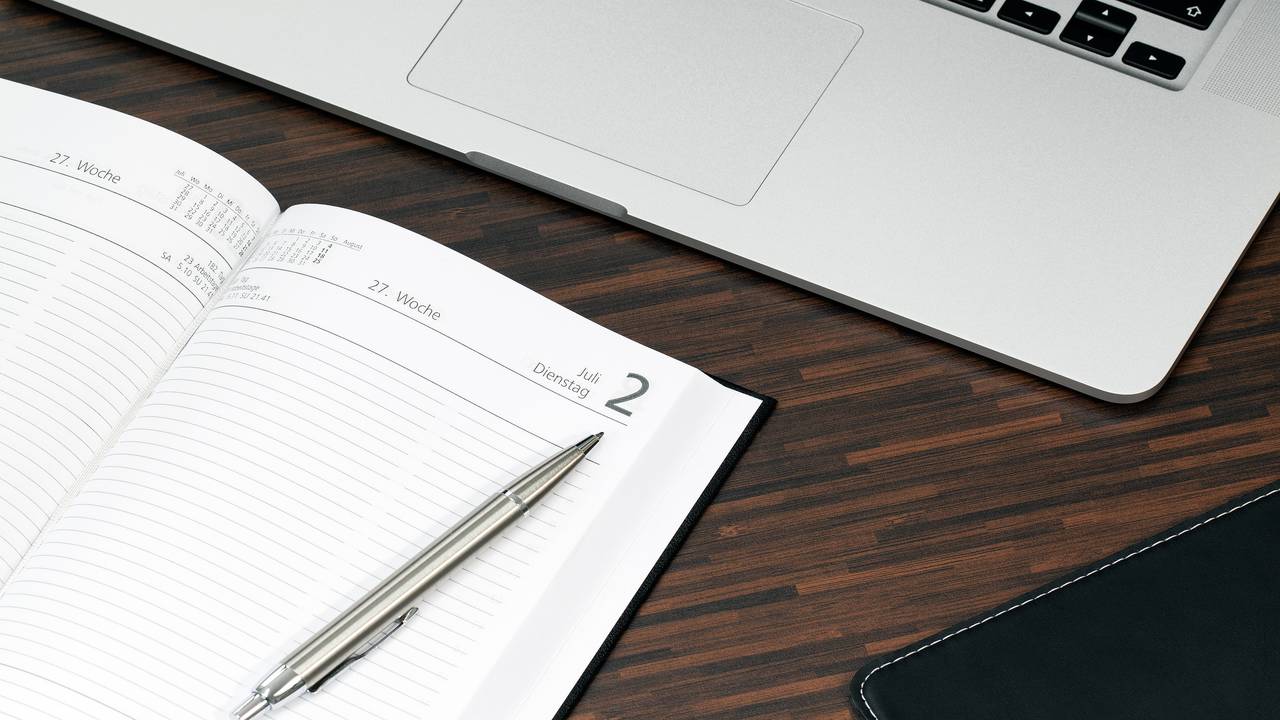Leaving a job is a difficult decision, but it is essential to do it professionally. Writing a resignation letter is the first step in this process. A formal resignation letter is a way to communicate your intentions to your employer and ensure you leave with a good impression. In this article, we will provide seven samples of formal resignation letters with notice period that you can use and edit as needed.
Example 1: Personal Reasons
Dear [Manager’s Name],
I hope this letter finds you well. I am writing to inform you that I have decided to resign from my position as [Job Title] at [Company Name] due to personal reasons. My last day of work will be [Date of Last Day].
Thank you for the opportunity to work with such an incredible team. I am grateful for the knowledge and experiences I have gained during my time at [Company Name]. Please let me know if there is anything I can do to ensure a smooth transition.
Best regards,
[Your Name]
Tips for Writing a Formal Resignation Letter with Notice Period
Writing a formal resignation letter with notice period is essential to maintain a good relationship with your current employer. Here are some tips to help you write a professional resignation letter:
- Keep it brief and to the point.
- Provide a clear reason for leaving.
- Give proper notice.
- Offer to assist with the transition process.
- Express gratitude for the opportunities given.
- Avoid being negative about your experience, colleagues or the company in the letter.
Frequently Asked Questions
Q: How much notice should I give?
A: It is common to give two weeks’ notice, but the notice period may vary depending on your contract or company policy. Refer to your employment agreement or contract to determine the notice period that applies to you.
Q: Do I need to give a reason for resigning?
A: You do not need to provide a detailed explanation for your resignation, but it is a good idea to communicate your reason briefly. This can help your employer understand your motives and may assist in making the transition process smoother.
Q: Should I speak with my employer before submitting my resignation letter?
A: It is advisable to speak with your employer before submitting your resignation letter. This will give you an opportunity to discuss your resignation in person and explain your reasons for leaving. You can then follow up with a written resignation letter that confirms your conversation and outlines the details of your resignation.
Q: What should I include in my resignation letter?
A: Your resignation letter should include your name, position, the date of your last day of work, and your contact details. It should also express gratitude, provide a clear reason for leaving and offer to help with the transition process if possible.
Q: Can I change my mind after submitting my resignation?
A: If you change your mind after submitting your resignation letter, you can approach your employer and discuss your options. However, keep in mind that your employer may have already started the replacement process or made arrangements for your departure.
Q: How do I address my resignation letter?
A: Address your resignation letter to your immediate supervisor or manager. Begin the letter with a formal salutation, such as “Dear [Manager’s Name],” followed by your resignation statement.
Conclusion
Writing a formal resignation letter with notice period is a professional and courteous way to inform your employer of your intention to resign. Use the provided sample letters and tips to write your resignation letter and maintain a good relationship with your current employer.
